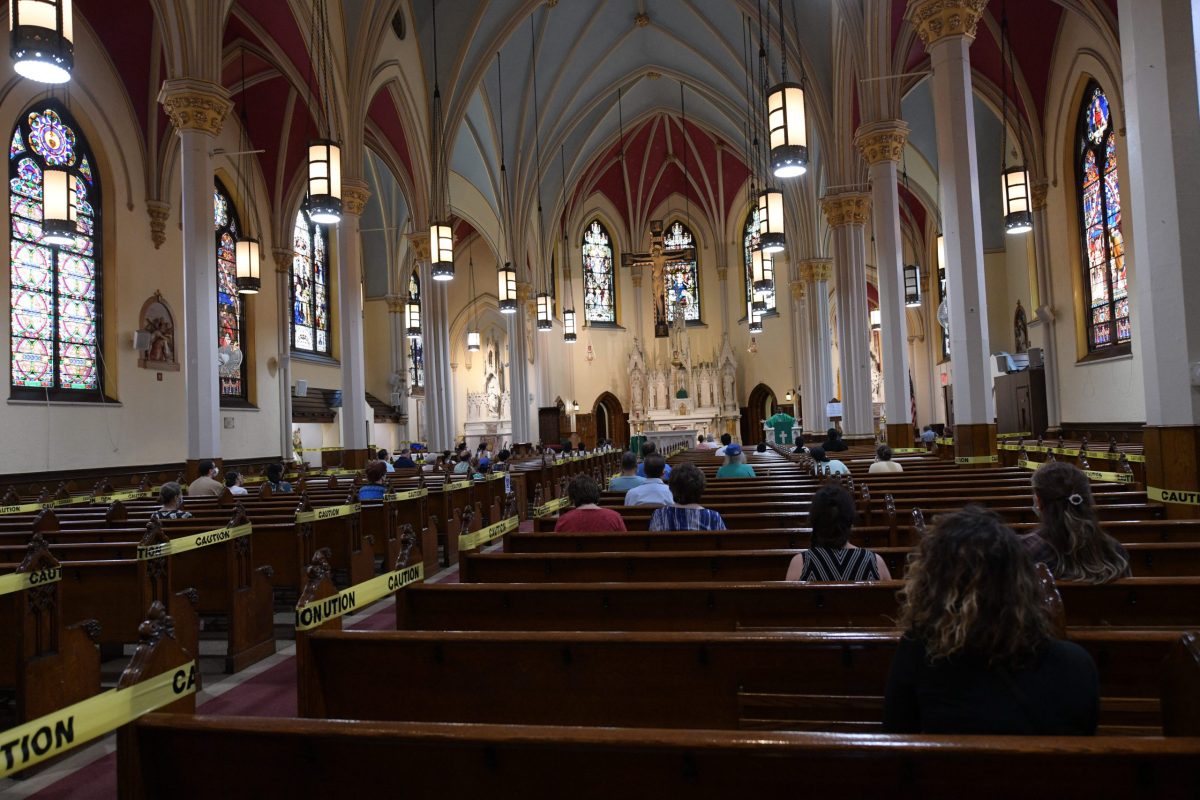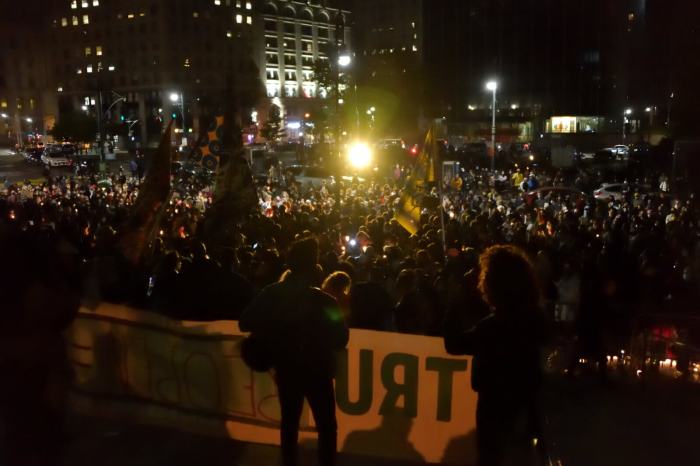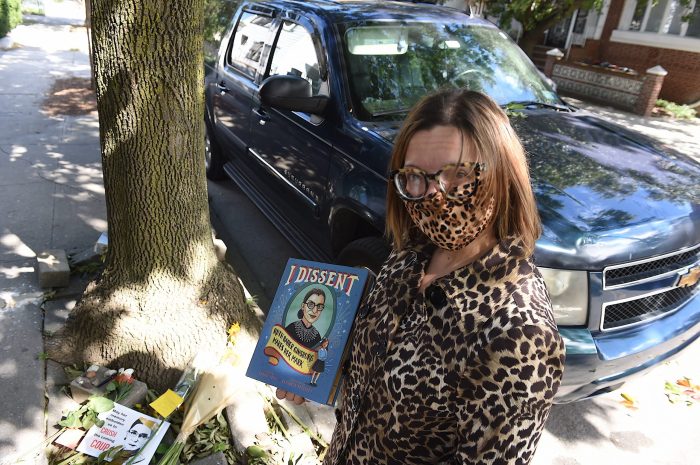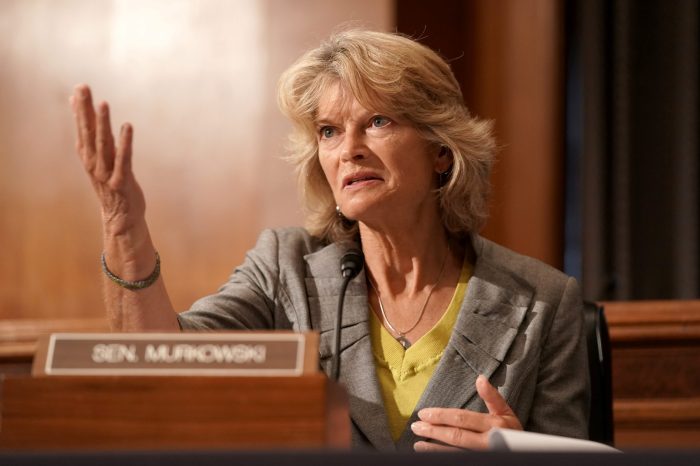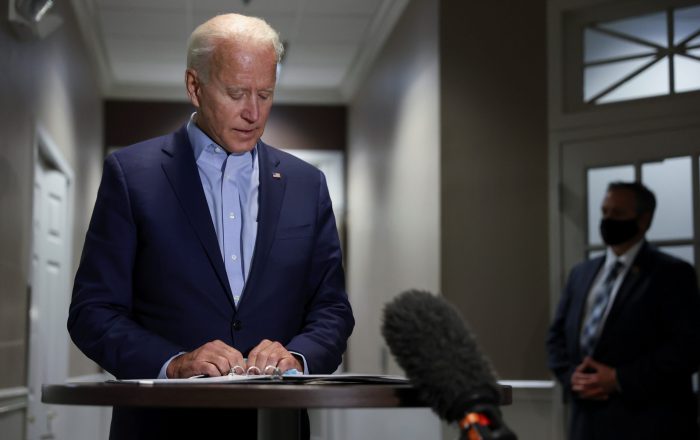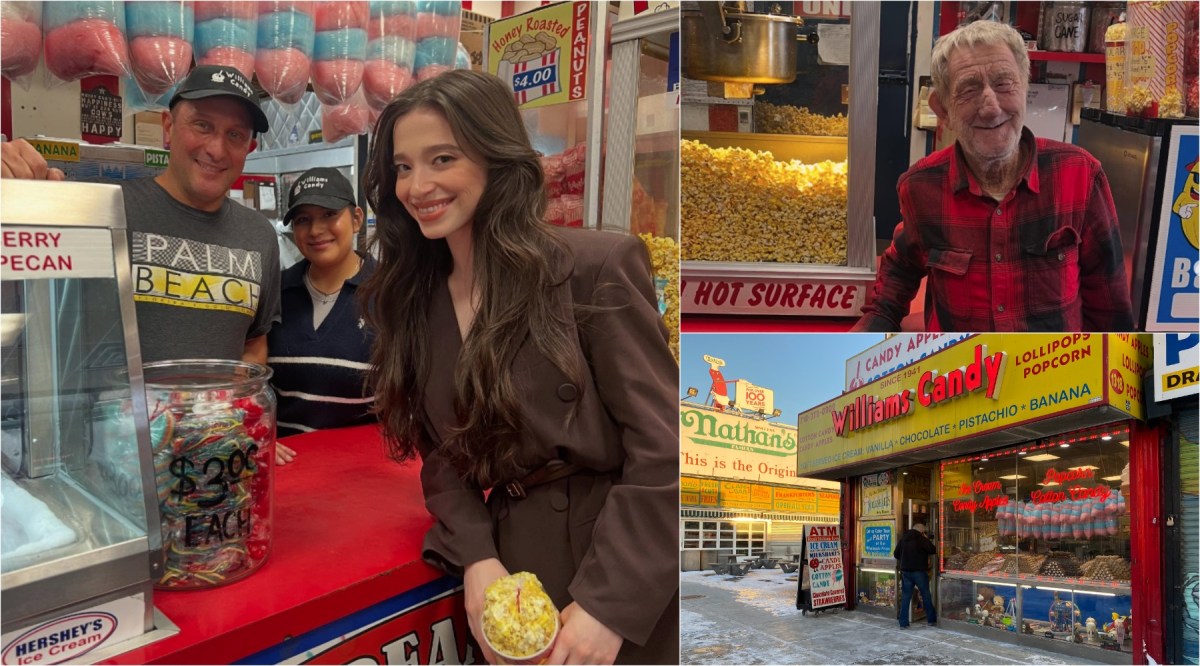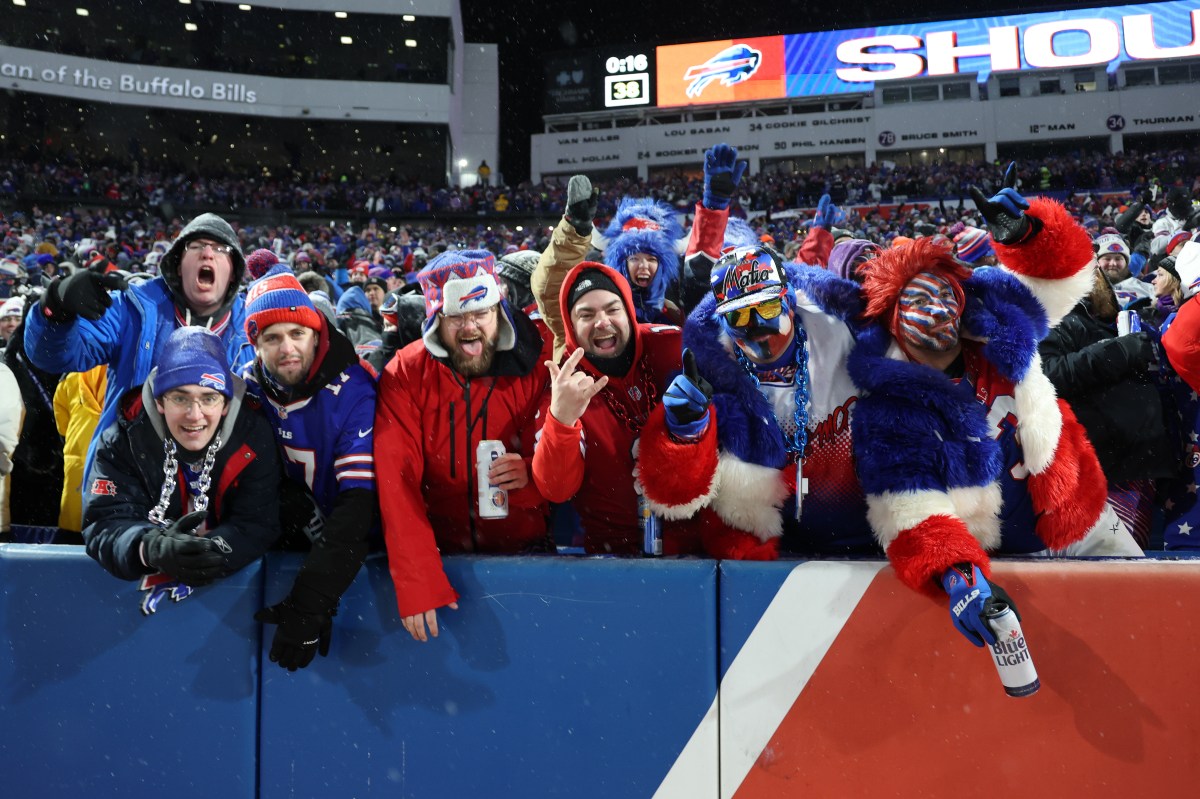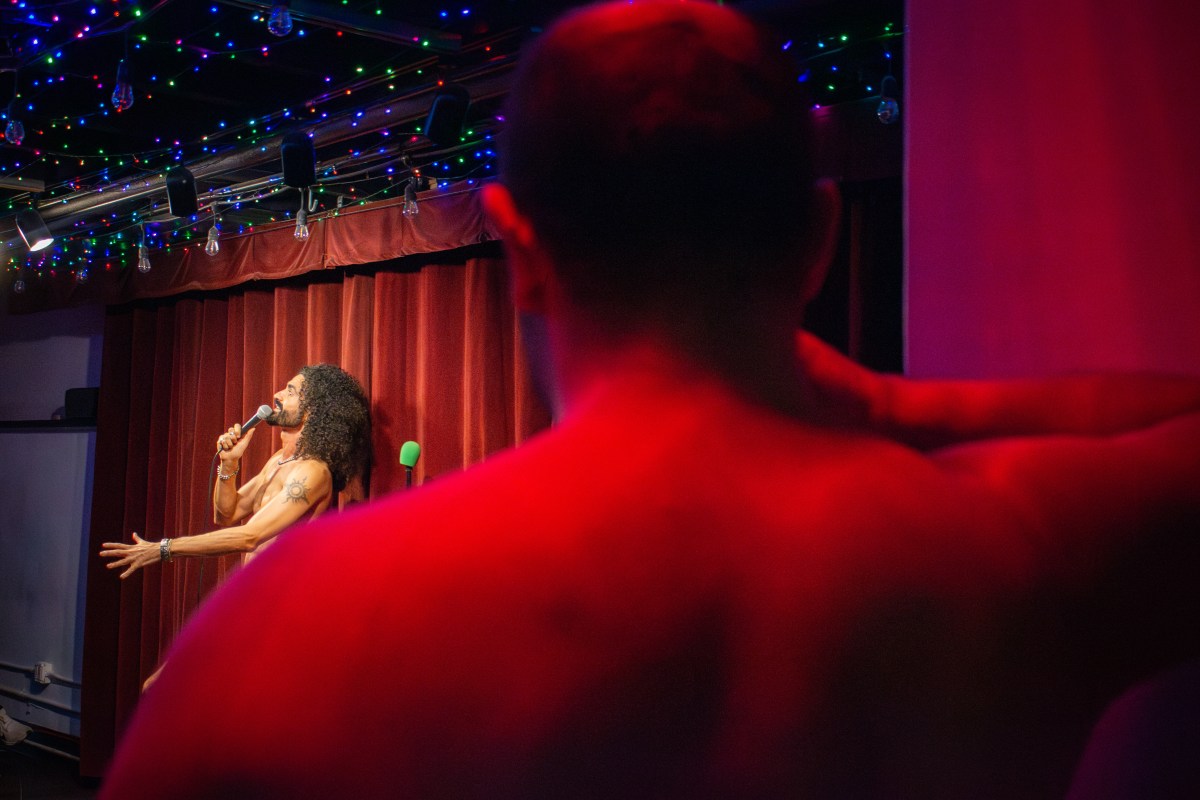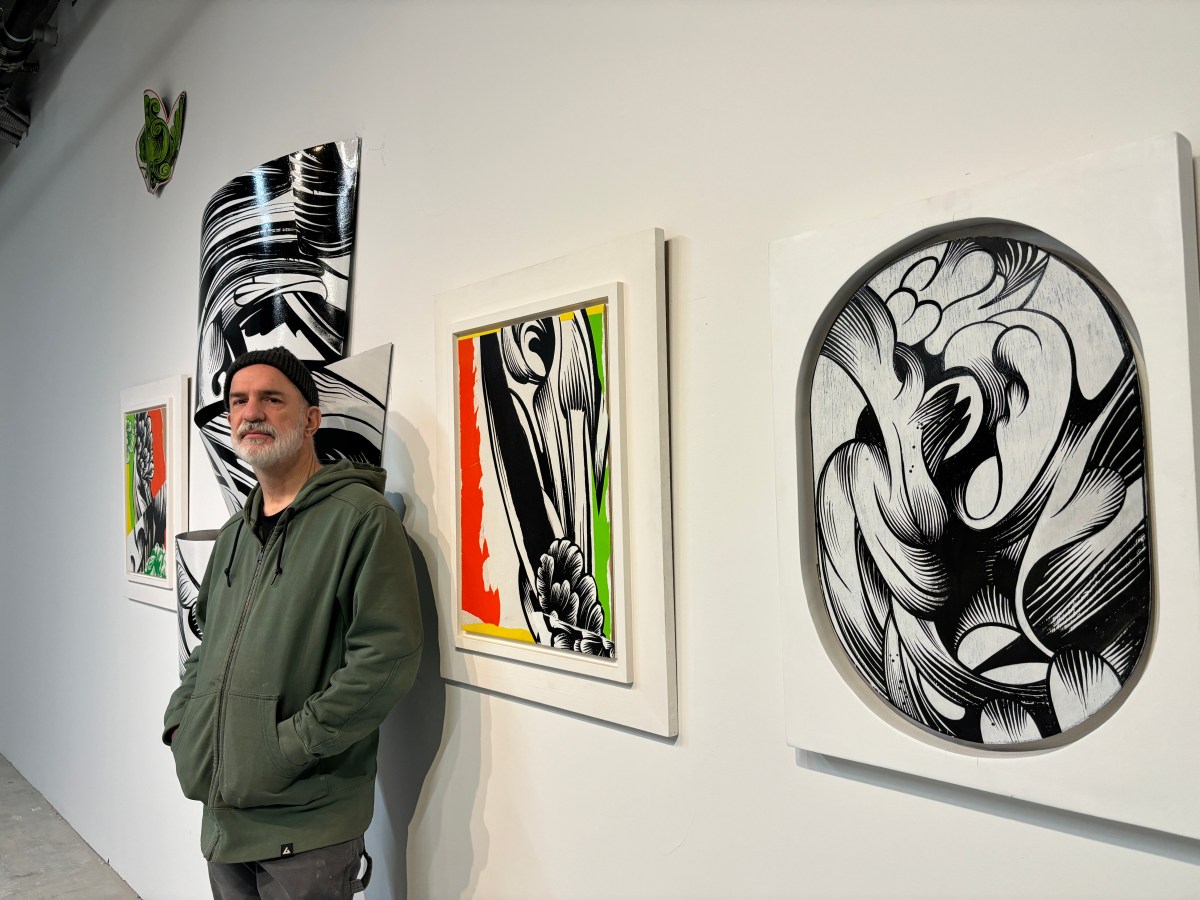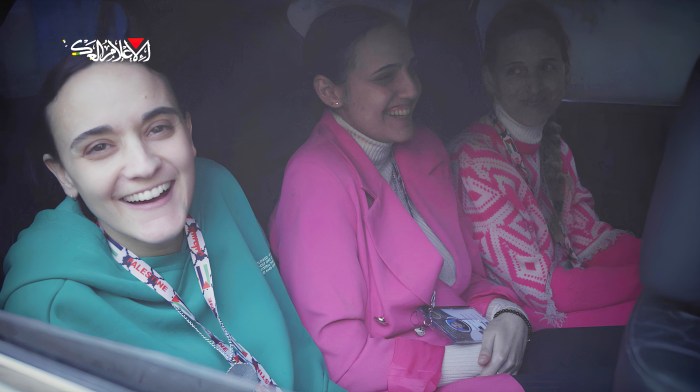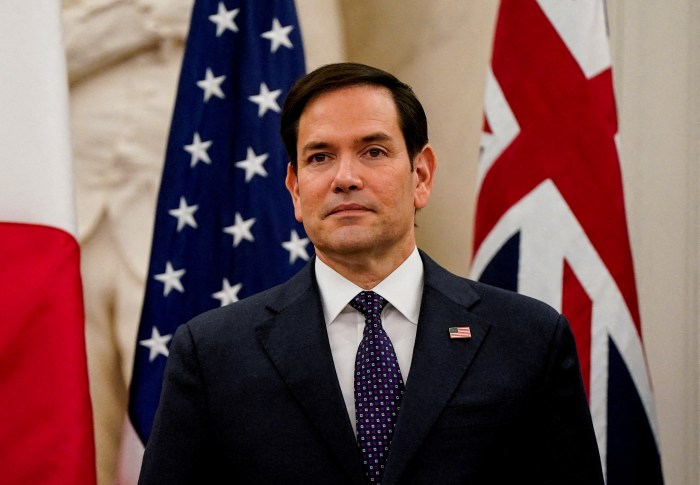BY LAWRENCE HURLEY, Reuters
The U.S. Supreme Court late on Wednesday backed Christian and Jewish houses of worship challenging New York state’s latest restrictions in novel coronavirus hot spots.
The court on a 5-4 vote granted requests made by the Roman Catholic Diocese of Brooklyn and two Orthodox Jewish congregations.
The order marked one of the first consequential actions on the court of President Donald Trump’s new appointee, conservative Justice Amy Coney Barrett, who cast a deciding vote in favor of the religious groups. Conservative Chief Justice John Roberts dissented along with the court’s three liberals.
An Oct. 6 decision by New York Governor Andrew Cuomo shut down non-essential businesses in targeted areas where infections have spiked, including some Brooklyn neighborhoods. It limited gatherings at religious institutions to 10 people in some areas and 25 in others.
The houses of worship say that the limits violated religious freedoms protected by the U.S. Constitution’s First Amendment, and that their facilities were singled out for more stringent restrictions than essential businesses, such as food stores. The Orthodox congregations Agudath Israel of Kew Gardens Hills and Agudath Israel of Madison, as well as nationwide Orthodox Jewish group Agudath Israel of America.
A federal judge in Brooklyn rejected separate requests made by the religious groups on Oct. 9. The New York-based 2nd U.S. Circuit Court of Appeals declined emergency requests filed by both sets of challengers on Nov. 9.
In two previous cases this year, the court on 5-4 votes turned away similar requests by churches in Nevada and California.
Those votes occurred before the death of liberal Justice Ruth Bader Ginsburg and saw her and her three liberal colleagues joined by Roberts in the majority.
“I am gratified by the decision of the Justices of the United States Supreme Court, who have recognized the clear First Amendment violation and urgent need for relief in this case,” said Bishop Nicholas DiMarzio, head of the Diocese of Brooklyn. “I have said from the beginning the restrictions imposed by Governor Cuomo were an overreach that did not take into account the size of our churches or the safety protocols that have kept parishioners safe. Catholics in Brooklyn and Queens have adhered to all COVID-19 safety protocols to attend Mass and receive the Eucharist. Our churches have not been the cause of any outbreaks. We have taken our legal battle this far because we should be considered essential, for what could be more essential than safely gathering in prayer in a time of pandemic.”
During a Thursday morning conference call, Cuomo said that the ruling is rather “irrelevant” because the hot zone declaration which the diocese had legally objected to had expired last week.
“I think that the Supreme Court ruling is more illustrative of the Supreme Court than anything else,” he told reporters during a conference call. “It’s irrelevant from any practical impact because the zone that they were talking about is moot, it expired last week. I think this was an opportunity for the Supreme Court to explain its philosophy and politics.”
Cuomo, who was raised Catholic and graduated from Catholic schools, said that he “fully respects religion” and that the state wants “to make sure we keep people safe at the same time, and that’s the balance we’re trying to hit, especially as we go through this holiday season.”
With reporting by Robert Pozarycki



